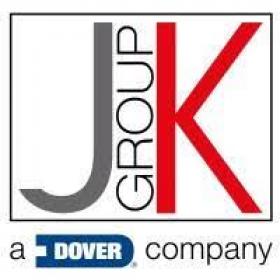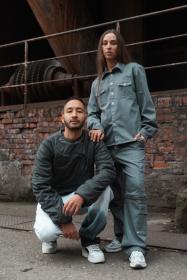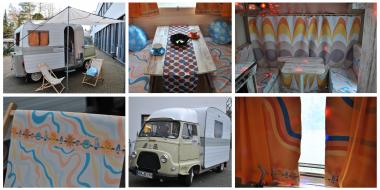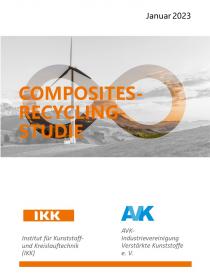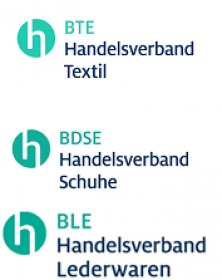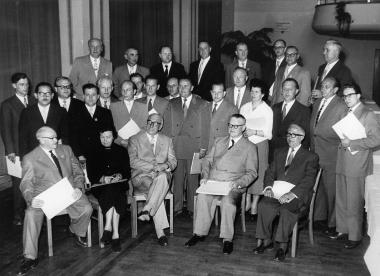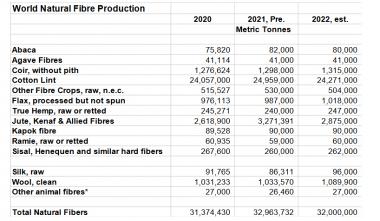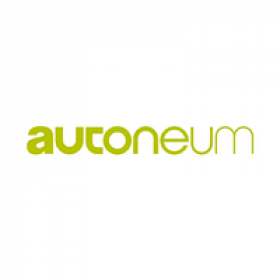BTE-Unternehmerumfrage 2023 gestartet
Wie bewerten Sie das Jahr 2022 und die Aussichten für 2023? Wie ist Ihre Vororderplanung für Herbst/Winter 2023? Welche digitalen Vertriebskanäle nutzen Sie? Wie reagieren Sie und Ihre Kunden auf den aktuellen Nachhaltigkeitstrend? Und wo sehen Sie aktuell die größten Problemfelder der Branche?
Dies sind einige der Fragen aus der aktuellen BTE-Unternehmerumfrage. Jedes Unternehmen aus dem Textil-, Schuh- und Lederwarenhandel ist zur Teilnahme eingeladen. Alle Antworten werden vertraulich behandelt.
Die Fragen sind in wenigen Minuten zu beantworten. Der BTE bittet um eine rege Beteiligung, um ein möglichst repräsentatives Bild der Branche zu erhalten und die Wünsche und Forderungen der Unternehmen noch besser vertreten zu können. Die Ergebnisse werden voraussichtlich im Februar veröffentlicht. Auf Wunsch erhalten die Teilnehmer eine separate Auswertung zugemailt; es ist aber auch eine anonyme Teilnahme möglich.
Die Fragen sollten idealerweise online beantwortet werden, der entsprechende Link ist auf der Startseite der BTE-Homepage www.bte.de zu finden, dort steht der Fragebogen auch zum Download bzw. Ausdruck bereit. Kontakt: BTE, E-Mail: info@bte.de. Der BTE bittet um eine Beantwortung bis 31. Januar 2023.
BTE-Umfrage
BTE Handelsverband Textil Schuhe Lederwaren









